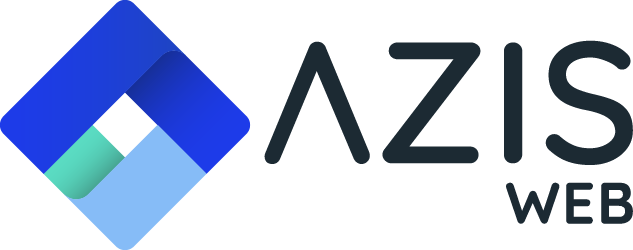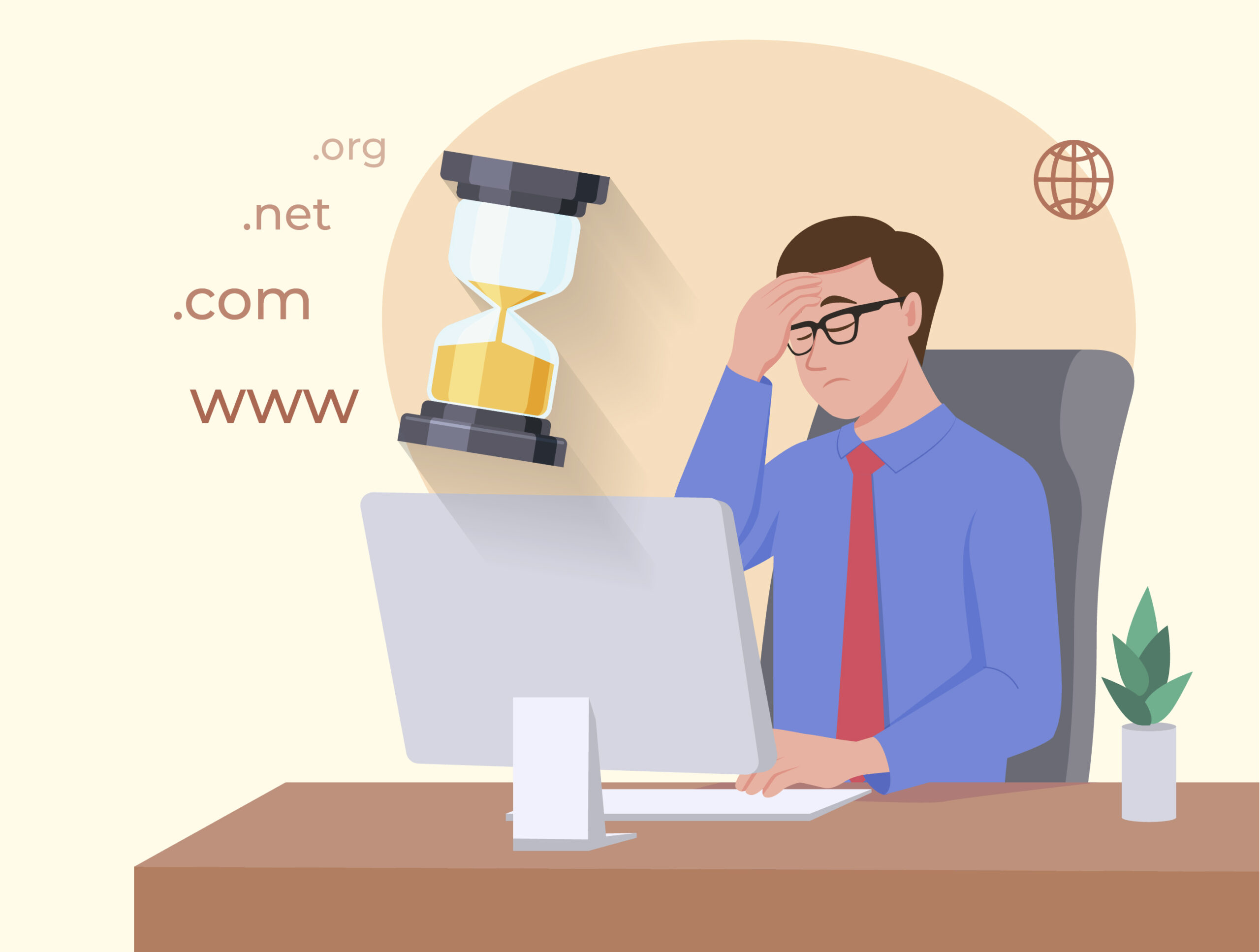Did you know that domain names expire? Normally, a domain name is paid for a year or more and has to be renewed every single times it is about to expire. In this blog article, we will explain more about your domain name. So, read on!
What is a domain name? Is it forever?
A domain name is the address that you enter in the browser bar to start visiting a certain web page or website, it is technically known as a URL. For example, Azis Web’s domain name is azisweb.com
When building a website, a domain name is needed to act as an address that navigate visitors to the website. The domain name is pointed to the hosting service where your website is located. Additionally, it contains DNS records that can be pointed to other online services such as email, redirects and apps.
When you purchase a domain name, you normally pay for a year or more to use the domain. After that period, you must renew in order to continue using the domain.
What if your domain name is not renewed?
When your domain name expires and you don’t renew it, in short, it will be available for purchase by anyone. Someone else may purchase the domain and take advantage of it. What really is the worst case scenario is that they may redirect your expired domain to their own website or even just hold onto the domain name so you cannot have it anymore. All your search engine optimization works accomplished in the past will go in vain.
What is Domain Life Cycle?
Registration
When a domain name is registered, you will own it for the period that you have paid for. Before it reaches its expiry date, you will need to renew in order to keep it. Most domain registrars will contact you a month to remind, or they can have it set to auto-renew and charge you later. The domain name can only be transferred to another registrar after 60 days of purchase.
Expired Period
At this point, the domain name is deactivated as it has passed the expiration date. Your website, email and other web services will not work. You can renew the domain for the regular price without penalty charges. However, transferring is not allowed until renewal is done. This expiration period usually last up to 45 days but varies from registrar to registrar.
Redemption Period
Follows the expired period is the redemption period. This lasts for 30 days. At this phase, domain owner has to pay the renewal fee plus penalty/redemption fee to get back the domain.
Pending Delete Period
Finally, a 5 days pending deletion period is when your domain name is getting deleted before released back to the public for new registration. During this time, it is impossible to renew.
What is the lesson here?
The lesson here is to renew early! If you have a hosting company that manage the domain name on your behalf, be aware of the their reminder or even better contact them to set it as auto-renew. Finally, settle the bill and you are pretty much safe now.


